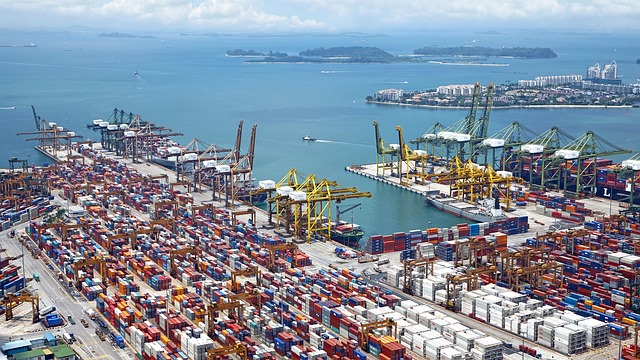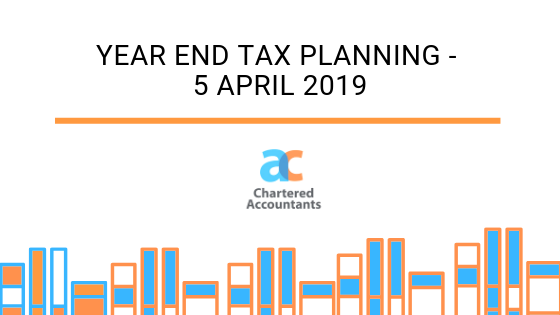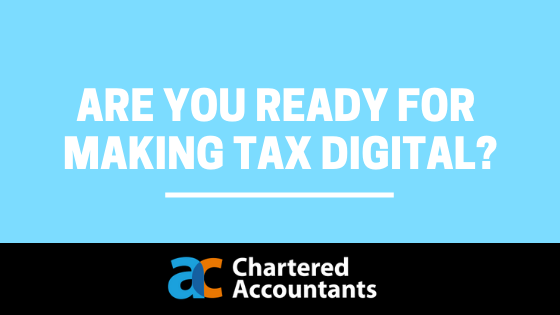Who is likely to be affected
Businesses involved in buying and selling construction services. It does not apply to zero-rated supplies of construction services.
General description of the measure
The measure will introduce a VAT reverse charge on certain building and construction services. The final version of the legislation will be published at Budget 2018, and will come into effect on 1 October 2019.
The measure will, for certain supplies of construction services (‘specified services’), mean that the customer will be liable to account to HMRC for the VAT in respect of those purchases rather than the supplier (the ‘reverse charge’). The reverse charge will apply through the supply chain where payments are required to be reported through the Construction Industry Scheme (CIS) up to the point where the customer receiving the supply is no longer a business that makes supplies of specified services – these businesses are referred to as ‘end users’.
The reverse charge will exclude businesses that supply specified services to connected parties within a corporate group structure or with a common interest in land. In these circumstances, the supplies in question will then revert to normal VAT accounting rules.
The reverse charge will include goods, where those goods are supplied with the specified services.
Policy objective
This is an anti-fraud measure which removes the opportunity for fraudsters to charge VAT and then go missing, before paying it over to the Exchequer.
Background to the measure
VAT fraud in construction sector labour supply chains presents a significant risk to the Exchequer. Organised criminal gangs fraudulently take over or create shell companies to steal VAT whilst operating alongside actual construction services. This is commonly referred to as ‘missing trader’ fraud.
The government announced a consultation at Spring Budget 2017 to address this and published a summary of responses in December 2017. At Autumn Budget 2017, government announced that it would be taking forward the measure. A technical consultation on the draft legislation and its impacts took place in June and July 2018.
Detailed proposal
Operative date
The statutory instrument will be published in November 2018. The reverse charge will apply to supplies of specified services on or after 1 October 2019.
Current law
Section 1(2) of the VAT Act 1994 makes the supplier liable for any VAT on supplies of goods or services.
Under section 4 of the VAT Act 1994, VAT is charged on the supply of goods and services where they are made in the UK by a taxable person in the course or furtherance of their business. The rate of VAT charged on the supply of construction and building services can be 20%, 5% or 0% depending on the type of building the construction services are being carried out on. The legislation in the VAT Act 1994 that describes the rate of VAT for construction and building is groups 6 and 7 to schedule 7A and group 6 to schedule 8.
Section 55A of the VAT Act 1994 provides that the recipient of a supply must account for the VAT due on supplies of a kind specified in a statutory instrument.
Proposed revisions
A statutory instrument will introduce a VAT reverse charge on certain building and construction services.
The introduction of a reverse charge does not change the liability of the supply of the specified services. What does change is the way in which the VAT on those supplies is accounted for. Rather than the supplier charging and accounting for the VAT, the recipient of those supplies accounts for the VAT.
The statutory instrument will come into effect on 1 October 2019 and will apply to supplies of specified services from that date. This includes the goods supplied with those services.
The types of construction services covered by the reverse charge are defined in the statutory instrument. These are based on the definition of ‘construction operations’ used in CIS under section 74 of the Finance Act 2004 but will only apply to supplies where payments are required to be reported for CIS purposes under regulation 4 of the Income Tax (Construction Industry Scheme) Regulations 2005.
The statutory instrument excludes certain types of supplies of services. This is also based on CIS definitions under section 74 of the Finance Act 2004.
The statutory instrument also excludes supplies of specified services to end users. These are customers that have to report their payments for specified supplies through CIS but do not make supplies of specified services themselves.
Also excluded are supplies of specified services where the supplier and customer are connected in a particular way, and for supplies between landlords and tenants. The meaning of connected is defined in the statutory instrument and only applies where the customer is an end user and the supplier is part of that customer’s corporate group. These exclusions are defined in the statutory instrument as excepted supplies. Unlike for CIS, there will be no deemed contractor provisions whereby purchases become subject to reverse charge because the purchaser buys a certain amount of such purchases in a given period.
Where a VAT-registered business receives a supply of specified services (which are not excepted supplies) from another VAT-registered business on or after 1 October 2019, it accounts for that VAT amount through its VAT return instead of paying the VAT amount to its supplier. It will be able to reclaim that VAT amount as input tax, subject to the normal rules. The supplier will need to issue a VAT invoice that indicates the supplies are subject to the reverse charge.
For more information please visit the gov.uk website here











